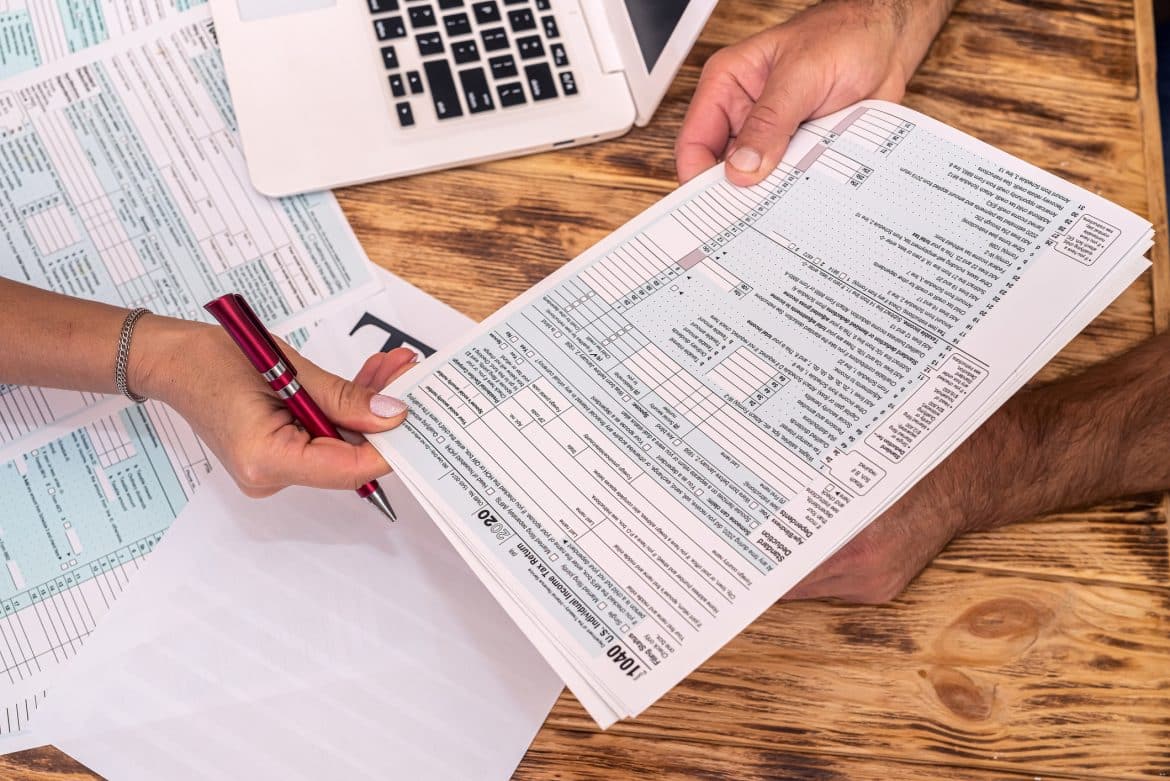A lot of people find tax season to be stressful, but freelancers in particular often have particular difficulties in order to maximize their tax savings and file their taxes correctly. Gaining knowledge of the nuances of tax preparation is crucial as the gig economy is growing and more individuals are choosing to work for themselves.
Some independent contractors may choose to prepare their quarterly taxes alone, while others might want to enlist the help of an accountant. We’ll examine the benefits and drawbacks of hiring an accountant to prepare your quarterly taxes in this post, with an emphasis on the difficulties freelancers have.
An accountant’s experience and understanding are two of the main benefits of using them to prepare your quarterly taxes. Experts in tax rules and regulations, accountants make sure they remain current on any changes that might impact independent contractors.
For those who are not aware of the intricacies of the tax system, this knowledge may be quite helpful. Freelancers may feel secure in the knowledge that their taxes are being prepared precisely and effectively by delegating the process to an accountant or a 1099 taxes calculator.
Saving freelancers time and effort is another advantage of hiring an accountant. With so many forms to fill out, deductions to compute, and documentation to collect and arrange, tax preparation may be a time-consuming task.
This may be too much for freelancers who already have a full schedule. Freelancers may concentrate on other areas of their company and their job by assigning this responsibility to an accountant, who will handle their taxes in a competent manner.
Accountants may also optimize tax savings for independent contractors. They ensure that independent contractors take advantage of all available tax savings since they are knowledgeable about the many credits and deductions available to self-employed persons.
Accounting professionals may provide advice on deductible costs, including those associated with equipment purchases, business travel, and home office expenditures. By finding and claiming these deductions, freelancers might possibly minimize their IRS tax bill and retain more money in their wallets.
The use of an accountant for quarterly tax preparation does have several disadvantages, however. Obviously, the expense is the biggest drawback.
For their services, accountants are paid a fee, which might change based on how complicated the tax scenario is. It could be too expensive for independent contractors with tight budgets to hire an accountant. In such instances, freelancers may elect to manage their taxes themselves or investigate more cheap solutions, such as employing tax software.
Loss of control over the tax preparation process is another possible disadvantage. Freelancers need to hire an accountant who can appropriately describe their financial condition and depend on their experience.
A more hands-on approach to taxes may be preferred by some freelancers who want to comprehend every calculation and detail. This group of people may not find it in their best interests to contract out their tax preparation to an accountant.
Furthermore, precisely projecting their quarterly tax payments may provide difficulties for freelancers. Freelancers are accountable for paying anticipated tax payments all year long, in contrast to regular workers who have taxes deducted from their paychecks.
With so many variables to consider, including income, deductions, and self-employment tax, figuring out the exact amount to pay may be challenging. In order to help with this, independent contractors may make use of resources such as the projected tax calculator and 1099 taxes calculator, which can provide projections based on their earnings and costs. Even yet, mistakes may still happen, and predicting quarterly tax payments incorrectly or overly might result in fines or unforeseen tax obligations.
Ultimately, the choice to hire an accountant to prepare your quarterly taxes is a personal one based on a number of variables, including your control preferences, time constraints, and money.
For some freelancers, the expense and lack of control may be a turnoff, even though accountants may provide knowledge, save time, and assist save taxes. Even with the help of calculators like the anticipated tax calculator and 1099 taxes calculator, it may be difficult to predict quarterly tax payments precisely. When hiring an accountant to do their quarterly taxes, freelancers should ultimately carefully analyze their unique circumstances and assess the advantages and disadvantages.

